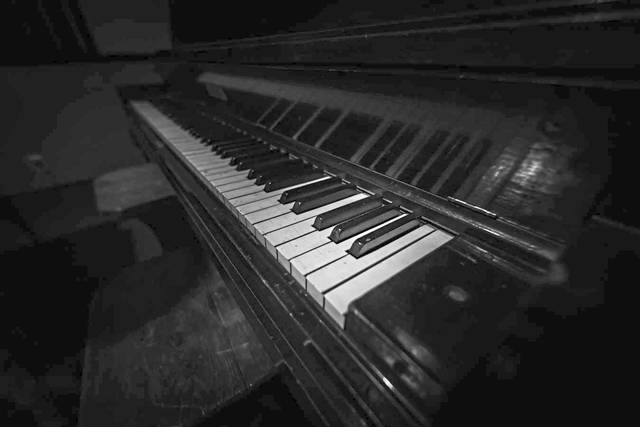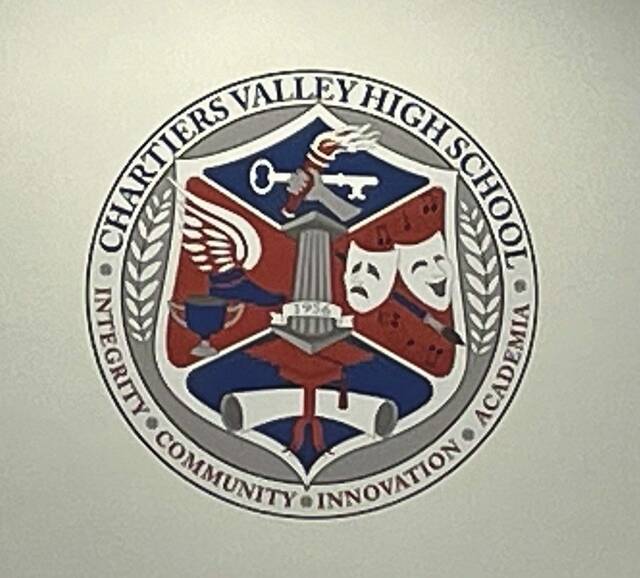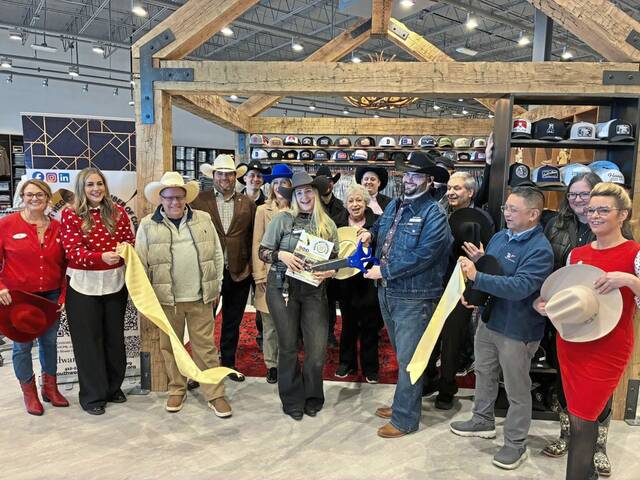About a year ago, I heard the Allegheny City Ragtime Orchestra in concert at the Andrew Carnegie Free Library and Music Hall in Carnegie.
I enjoyed that concert immensely and have been looking for a chance to hear them again. Recently, thanks to the website of their leader, Tom Roberts, I learned that they would be performing on a Sunday afternoon in Foxburg, on the Allegheny River just south of Emlenton.
The concert was a project of the Allegheny RiverStone Center for the Arts, a very active organization that sponsors a variety of cultural events in this small community that is itself a tourist destination. It was performed in Lincoln Hall, a recently restored performance space atop the Foxburg Free Library.
The Allegheny City Ragtime Orchestra was created by Roberts in 2013 to preserve the heritage of ragtime composers and musicians in the Pittsburgh area. Members are current top-flight Pittsburgh area symphonic musicians who perform regularly with the Pittsburgh Symphony, the Pittsburgh Oper and the Pittsburgh Ballet Theatre.
The Ragtime Orchestra includes Roberts on keyboard, Jose Puentes on string bass, Maureen Conlon Gutierrez on violin, Elisa Kohanski on cello, Kira Bokalders on clarinet, Julie McGough on flute, Stephen McGough (Julie’s husband) on trumpet, and Aaron Pisula on trombone. Each of the musicians came across as excellent soloists; they play superbly in ensemble.
The orchestra began with two familiar Scott Joplin rags — “The Maple Leaf Rag” and “The Entertainer” — to exemplify the two eras of popularity for the genre. Beginning with “Maple Leaf” in 1899, ragtime became wildly popular throughout the United States before being replaced by “hot” jazz after World War I. It was virtually forgotten until the 1970s when featuring “The Entertainer” in the film “The Sting” initiated a major revival and ensured ragtime its place as a major genre.
After playing “Sunflower Slow Drag,” the orchestra played “The Ragtime Dance,” which is actually a folk ballet intended for narration and choreography. Both pieces confirm Joplin’s genius, as do “Sugar Cane” and “Scott Joplin’s New Rag,” which followed one of Roberts’ own compositions, “The Allegheny Rag.” It was written in loving memory of Allegheny City, a thriving metropolis that was annexed by the City of Pittsburgh in 1911.
After intermission, the orchestra played two selections — “Clef Club March” and “The Castle Perfect Trot” — from the concert I heard last year. It was dedicated to James Reese Europe, the brilliant band leader/composer who met an untimely death in 1919. They also performed “Queen Louise,” a 19th-century waltz by Danish composer Hans Christian Lumbye.
The concert ended with Joplin’s haunting “Magnetic Rag,” his last published work. Some critics believe it was the closest Joplin came to establishing his credentials as a composer of classical music as he tried to merge ragtime elements with the classical sonata form. Beyond a doubt, Scott Joplin was a true genius whose music has a place in our heritage.
The entire concert was completely enjoyable, as well as being educational. This orchestra certainly warrants our support. Like their leader, they are an underappreciated Pittsburgh treasure.
Driving to Foxburg was a small price to pay for such an experience; nonetheless, one wishes there were more opportunities to hear the orchestra here in Pittsburgh.








